The back of Donald Trump in the White House is, in essence, a massive change for both American and European politics. This blog post follows the course of the discussion on the effects of his presidency on the transatlantic relationship, the emergence of nationalism in Europe, and the issues and chances that wait both parts of the world in the future.
The Context of Trump’s Victory
Donald Trump has resurged as a dominant force, not just in politics, but beyond that; he is a decisive refocus of the cultural and societal aspects of America. Many who cast their votes believed they were getting no accommodation by the political elite. The campaign was the voice of those people who connected their emancipation from the political correctness and globalist plans with Trump.
Frm’s massif appeal inklud uiez of the middle class, o of thaem (he mentioned rok.). Moot the klarm will be of sorrow (likely dem dero (*dem istada* dem ghlafda)). In this category, they experienced a period of time (that is, since 1947) when they had to deal with the nuclear threat (that is, during the Cold War, the United States and the Soviet Union were in a standoff during the summer, and in when they were asleep at the time, the two sides worked on their nuclear arsenal, which was a serious threat, both to them and the world).
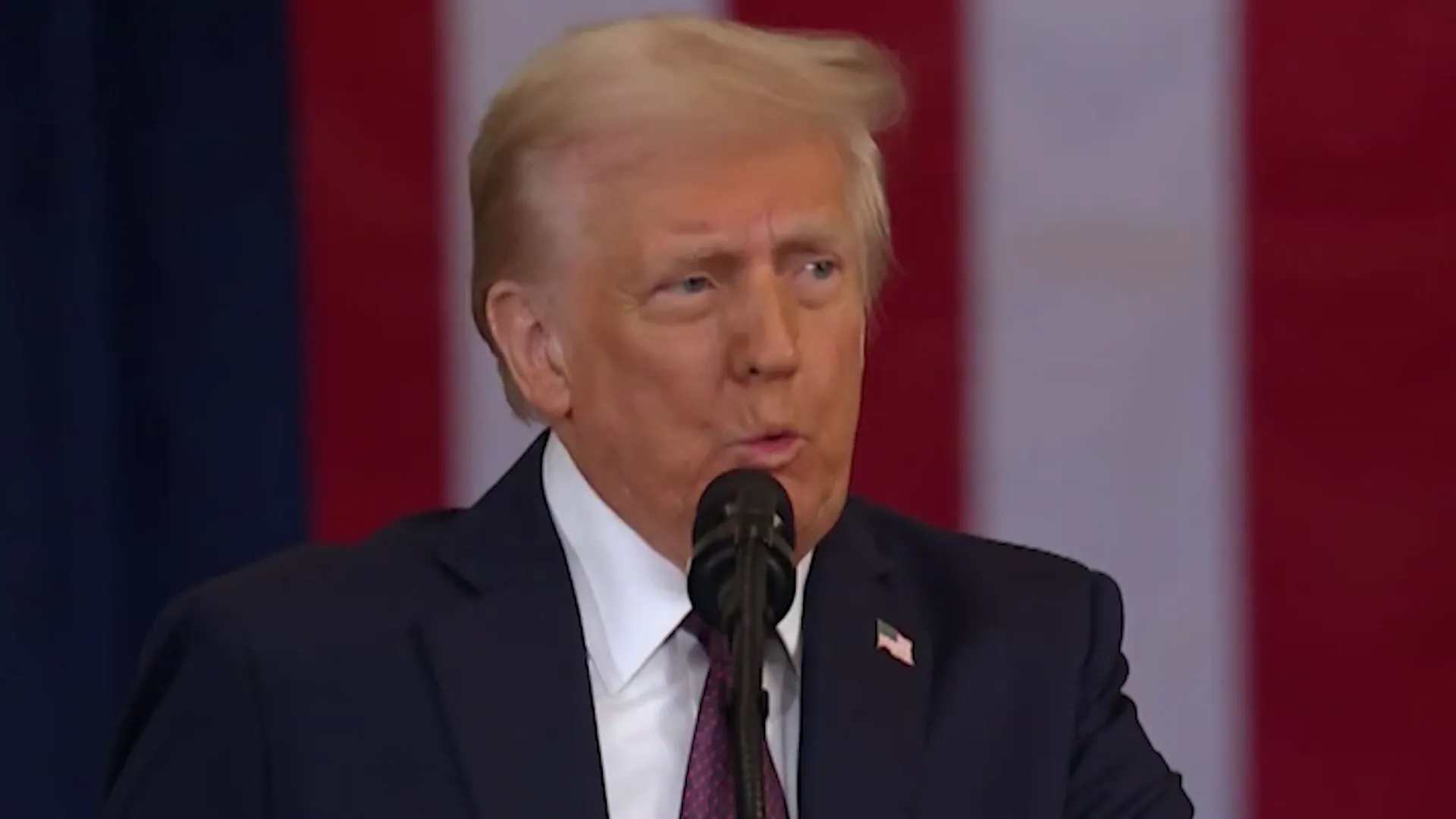
Socioeconomic Factors
The drivers of Trump’s win were the serious socioeconomic issues. A vast number of people in the U.S, faced the danger of job loss due to the process of globalization and technological advances that made the traditional type of jobs extinct. The attractive offer of the return of the jobs to the USA and the guarantee of the domestic industries` protection was a coincident to the needs of such voters.
In addition to this, the problems like immigration, and national security are now the topics that people are mostly discussing. They are attracted to Trump’s strict law and order approach that is directed at the rest. This is the same feeling found in Europe, which was synonymous for the recently arisen issues of immigration and national sovereignty.
Trump’s Policies and Their Implications
The White House under Trump has introduced a number of policies that seek to modify both the internal and external situation. Trump’s tactics are mainly based on a back-to-the-roots philosophy, which is sometimes achieved at the cost of progressive reforms that characterized the work of his predecessors.
Trump’s policy agenda which stands out due to the immigration of an intriguing fact is his declaration. He aims to return the sense of safety and order through the closure of the borders and the deportation of illegal immigrants. This policy that he supports is not only the one that thrills his base, but also the one that has an impact far and wide even to the political dialogue in Europe where the ”immigration” topic is still very troublesome.-Paris
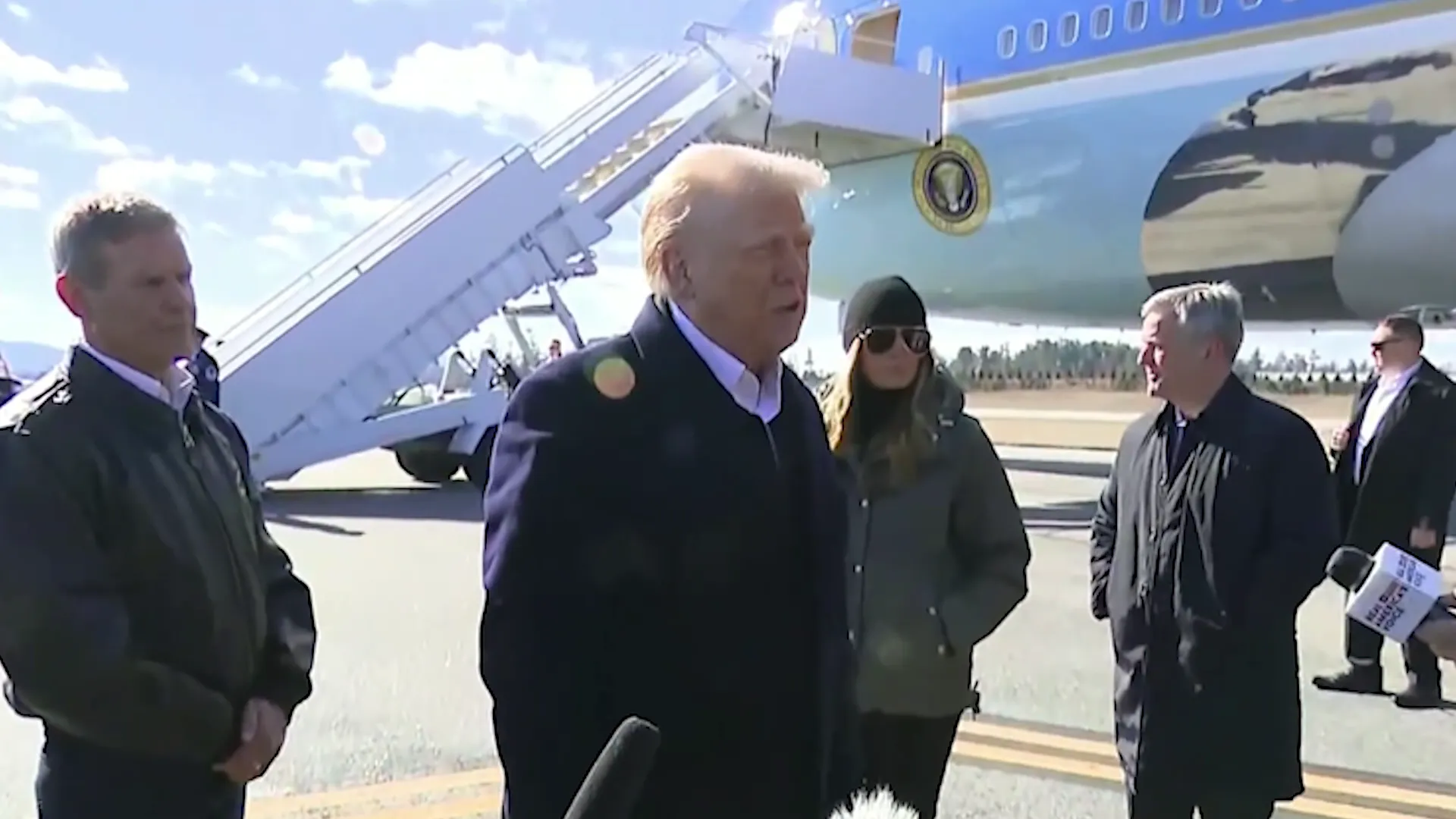
Energy Policy and National Security
The energy policy of Trump is an additional major component of his government. He is the one who has publically critiqued climate change programs, thus pointing out that these should be considered a serious threat to American interests. Along with offering support to fossil fuels and retracting from deals like the Paris Accord, which have been signed by other countries, he has proposed that the US government should focus on increasing local energy output.
The ramifications of this method for worldwide energy markets and environmentally-friendly policies are profound. While Europe is dealing with its energy insecurity, Trump’s policies could instigate a rethink of energy routes in the EU, consequently, self-reliance could become more pronounced.
Responses from European Leaders
European leaders have had a mixed response to Trump’s victory. To some it becomes a threat with his policies, while to others it is an opportunity to rethink their own strategies against his government. Many European heads of state, however, remain cautiously optimistic, shuffling through the intricacies of a distorted global scenario.
Previously critical of Trump, some leaders are now rethinking their views, admitting the importance of cooperating on areas like trade, security, and climate. The Trump administration’s preferential treatment given to national sovereignty echoes the sentiments of the rightist parties all over Europe, leading to a change of perspective regarding the old alliances.
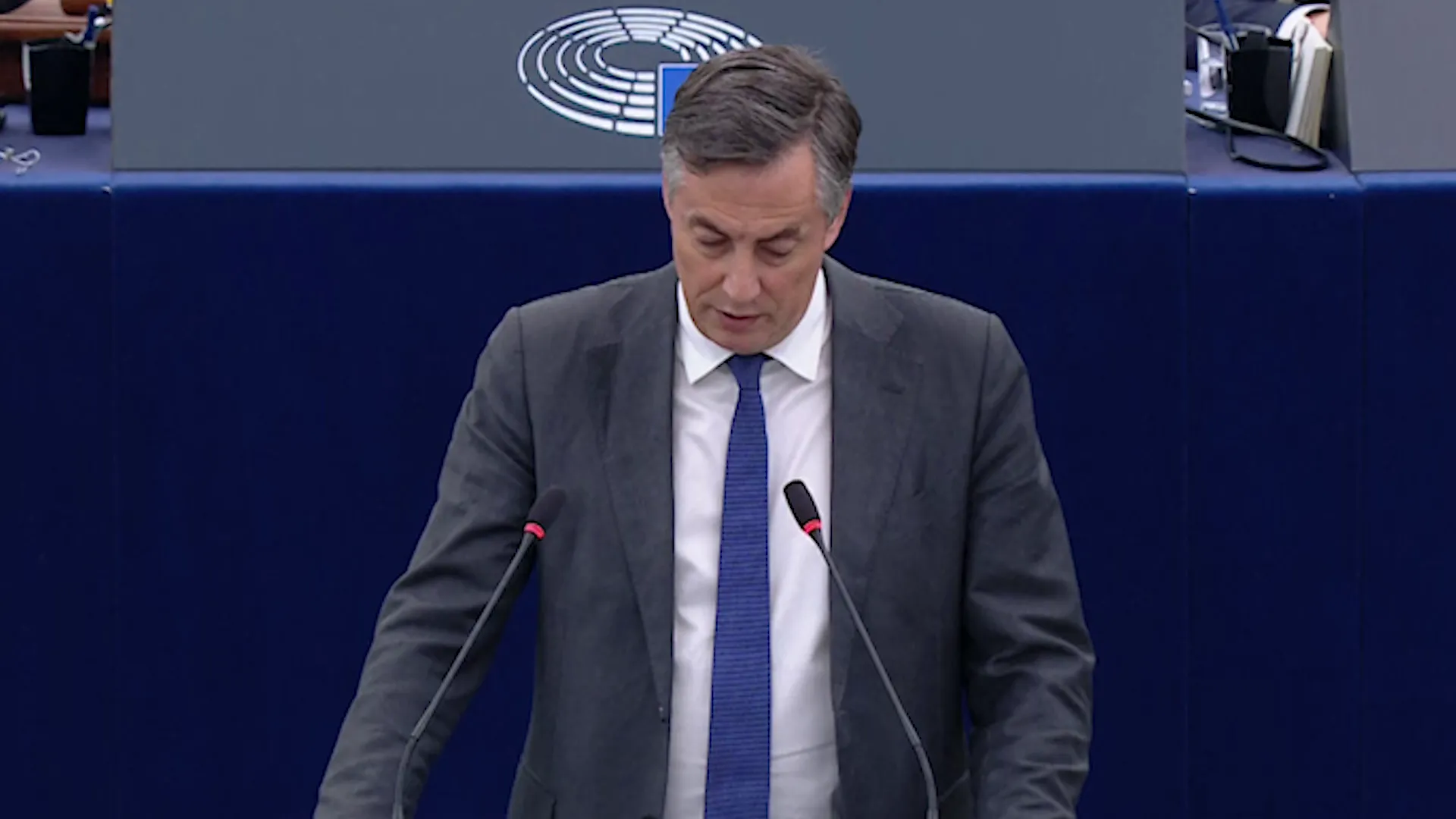
The Rise of Nationalism
Votes for Trump have catalyzed nationalistic movements in various European nations. These are the political parties that are in favor of preserving national autonomy and are adopting a stricter set of immigration laws. Their progressive agenda now deeply resonates with the public which feels partially detached from the centralized European power structure. The political landscape of various nations such as Italy, Poland, and Hungary shows just how deeply the effects of the political wind have been felt, in that those populist leaders now use the same feelings that drove Trump forward.
Amid the growing nationalism, Europe’s strength for the leaders will be to keep the balance between these requests and the necessity to keep the EU united. The drive for stricter European integration is likely to encounter considerable difficulties as the states throw their national interests into the scale.
The Need for a Unified European Response
The presidency of Trump has made it even clearer that a joint Europe response is inevitable. A more self-confident America is now creating problems that demand a united front by the member states of the EU. This collaboration is the key not only to the resolution of the urgent issues but also to the formulation of the long-term vision for mobility in the changing geopolitical environment.
Engaging in substantial discussions is obligatory for the European leaders in order to converge their interests and at the same time detach the potential shakings induced by U.S. policies. This entails improving defense cooperation, and creating a synchronized foreign policy which not only reflects the African continent’s common values but also represents its interests.
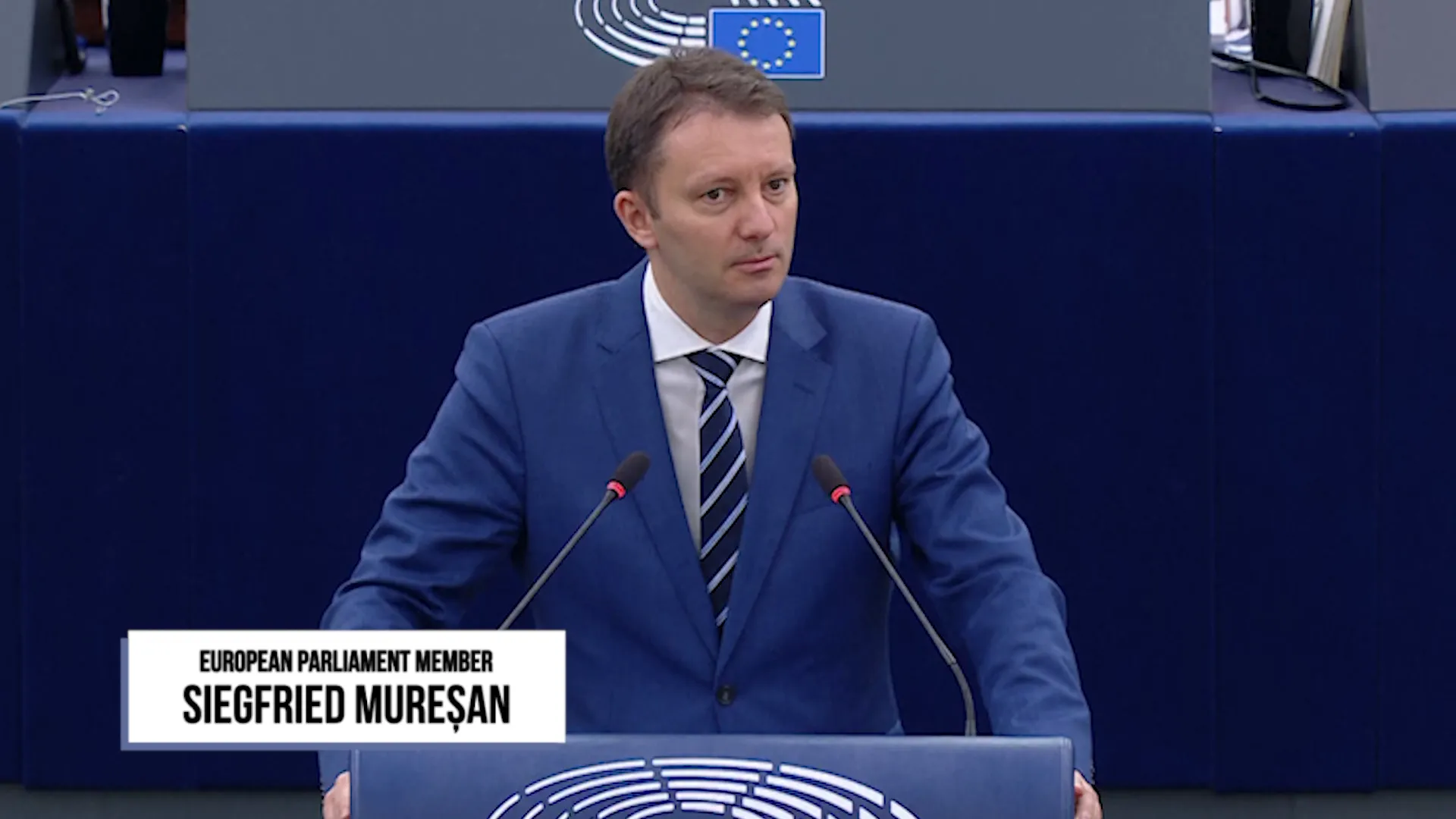
Strengthening NATO and Defense Capabilities
NATO’s contribution to transatlantic security is still significant. Trump’s proposal for more defense budgets for NATO allies was the key issue to the conclusions about the future of the military union. It is necessary for the European states to react seriously to the demands and to allocate more finance for the arms forces which are capable to deal with the common security problems.
Secondly, increasing NATO’s presence in Eastern Europe is quite essential to striving threats from Russia. A big front will not only add to the security of the countries but also show the will of the European nations to protect their interests along with the US allies.
The Importance of NATO and US Relations
The transatlantic alliance is indeed the backbone of West’s security. The Trump government has highlighted the significance of NATO, thus urging the member countries to meet their financial obligations. This firm belief in the joint approach to security is essential for the perfect defense posture against the new threats.
Nonetheless, the interconnection of Europe and the U.S. is still being undergone transformative changes. To step up to the global stage, Europe has to deal with the intricacy of its connection with a more detached America which turns into a train of thought. It is problematic to achieve the targets of international relations and at the same time, stay true to the guidelines of mutual security that NATO promotes national and collective sovereignty.
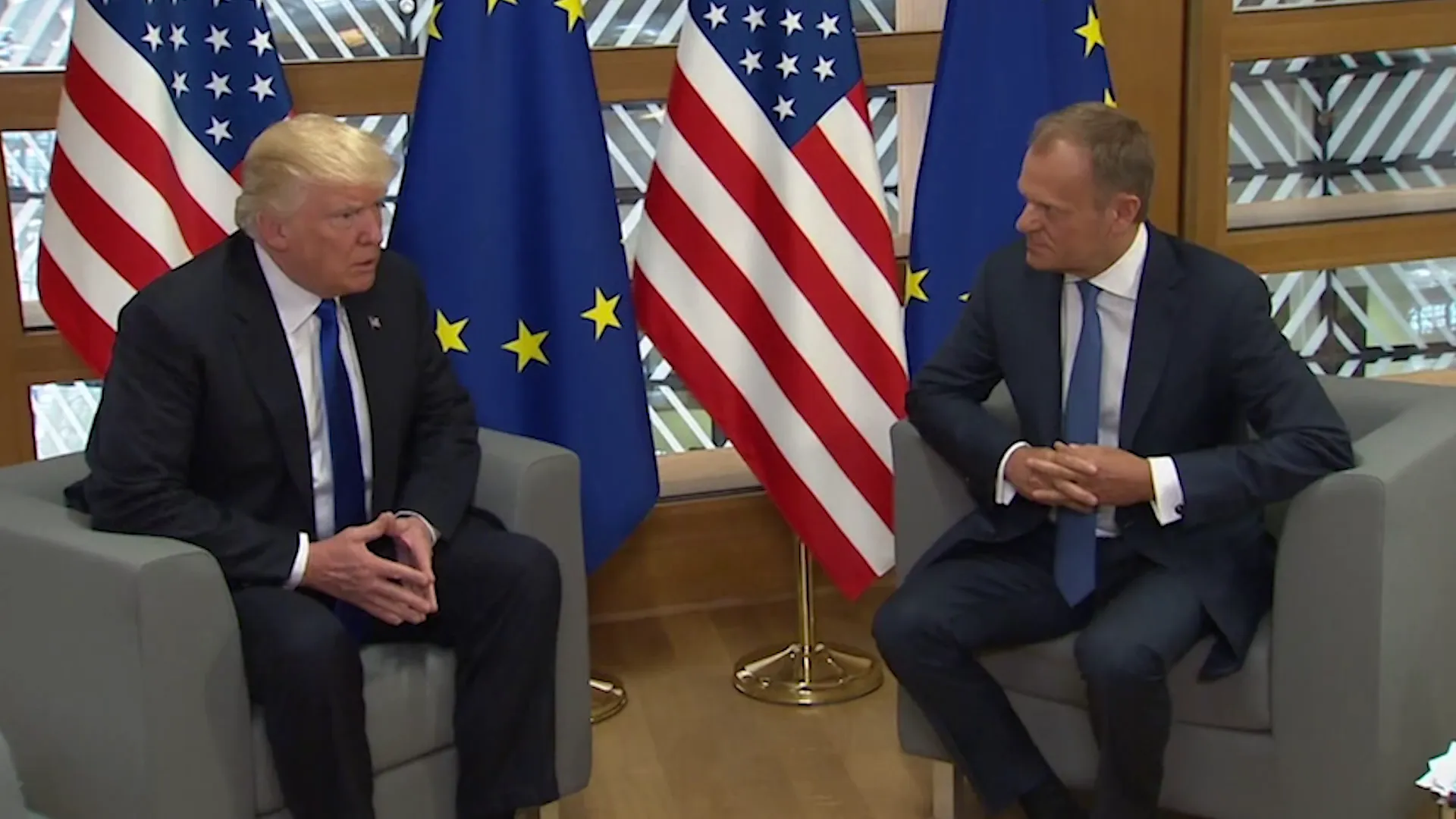
Future of Transatlantic Relations
The transatlantic relationship will primarily depend on how well the European leaders cope with the varying trends in U.S. foreign policy. As the U.S. slowly but surely changes its direction toward the domestic side, the European side is the one that has to come up with schemes that will increase its power in the region and feel safe as well. This can be through the establishment of solidarity with other nations who share similar interests and the need to rethink the allocation of resources towards certain priorities.
Moreover, Europe should also adopt a diplomatic approach that focuses on preemptive measures to offset probable conflicts and challenges that would arise from a U.S. foreign policy that is more unilateral. By showing their unity and clear aim, the European countries can substantiate their assertion of being the key players in global governance.
The Rise of Nationalism and Populism
The re-establishment of nationalism and populism in Europe has been the main trend over the last couple of years. The leadership of Trump has served as an example for the populist leaders in other European countries to unite their fans by stressing their nation identity and their nation sovereignty.
Political groups, which are in favor of stricter immigration policies and national pride, have been on the rise, exploiting the general dissatisfaction with the EU’s centralized governance. This is especially true in Poland and Hungary, two places where politicians are talking the language of nationalism and utilizing it against the existing order.
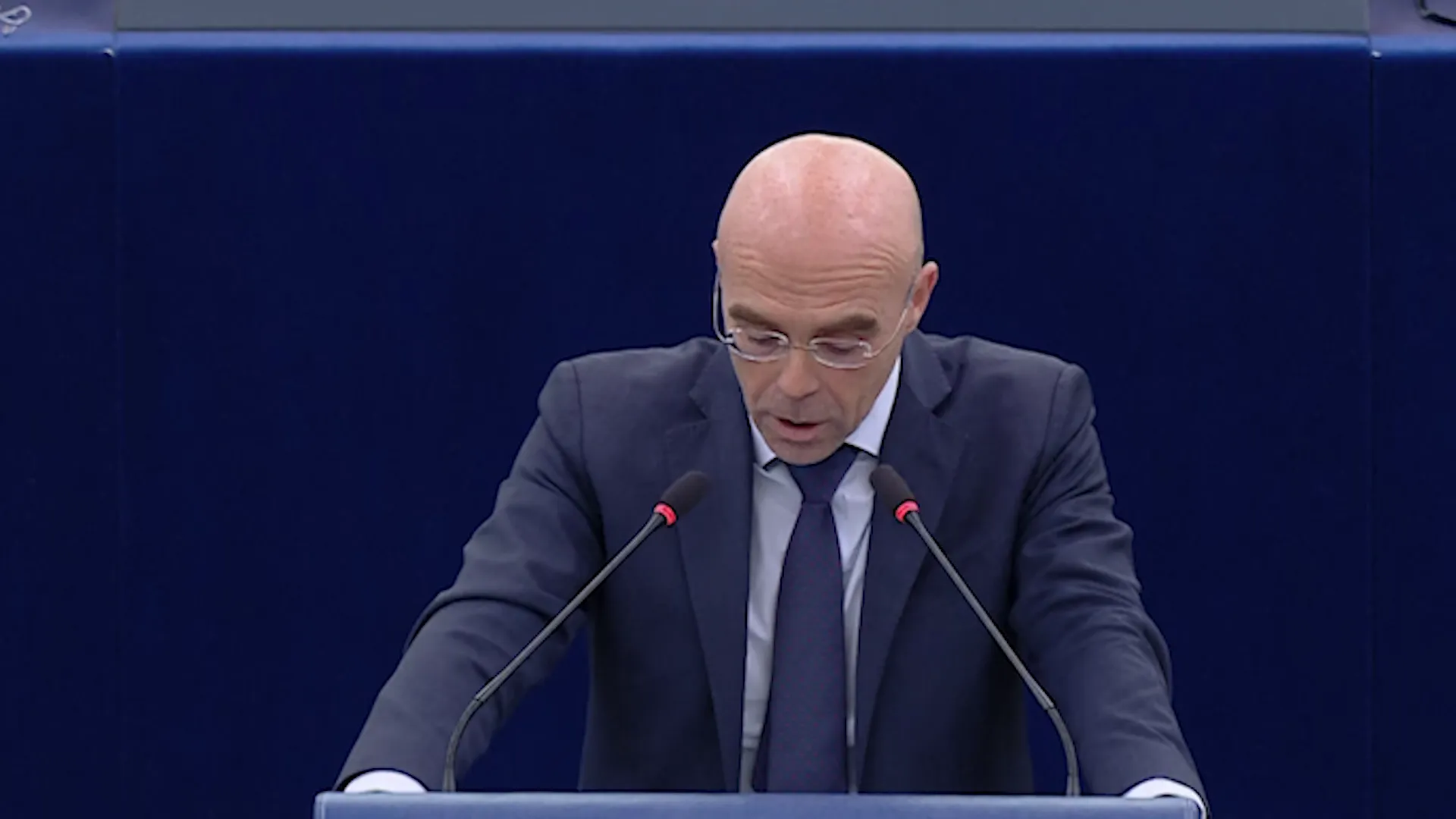
National Identity at the Forefront
The main topic in political communication is national identity. More and more, voters are being attracted to politicians who prioritize their national interests over their international obligations. This departure symbolizes the increasing doubts regarding globalization, as well as the request for values-based policy solutions.
Actually, the populist movements are not only addressed to the EU but they are also directed toward the restoration of traditional values and cultural heritage. This gave rise to the vaccination of this coil against the threats that are perceived from immigration and multiculturalism.

Economic and Energy Security Challenges
The confrontation of Europe with economic difficulties has paved energy security to a new level that has become a main matter. The continent’s strong dependence on imported energy supplies, mainly from Russia, has triggered fears of threat and dependency.
The energy policies of Trump which give priority to domestic production have ignited the conversation on how Europe can boost its energy independence. The diversification of the energy sources and the investment in renewable technologies will be Europe turning into a weapon to reduce the risks associated with geopolitical tensions.
Strategies for Energy Independence
- Investing in renewable energy: Europe must accelerate its transition to renewable energy sources, reducing reliance on fossil fuels.
- Diversifying supply sources: Establishing partnerships with alternative suppliers can enhance energy security.
- Improving infrastructure: Upgrading energy infrastructure to facilitate better distribution and storage of energy resources.
The arrangement of these strategies is crucial for Europe to tackle any future crisis without the need to breach the energy needs or the economic stability.
The Future of Transatlantic Relations
The trajectory of transatlantic ties will be determined by the manner in which Europe counteracts the shifting dynamics of U.S. foreign policy. Given that the U.S. is taking to a more protectionist and nationalist approach, European politicians are called to propose different strategies for keeping the two sides together.
The prolonged partnership in security, trade, and climate issues will be of utmost importance. Europe, on the other hand, has to prove its share in global governance by making sure that its interests are included in the decisions made in the U.S.
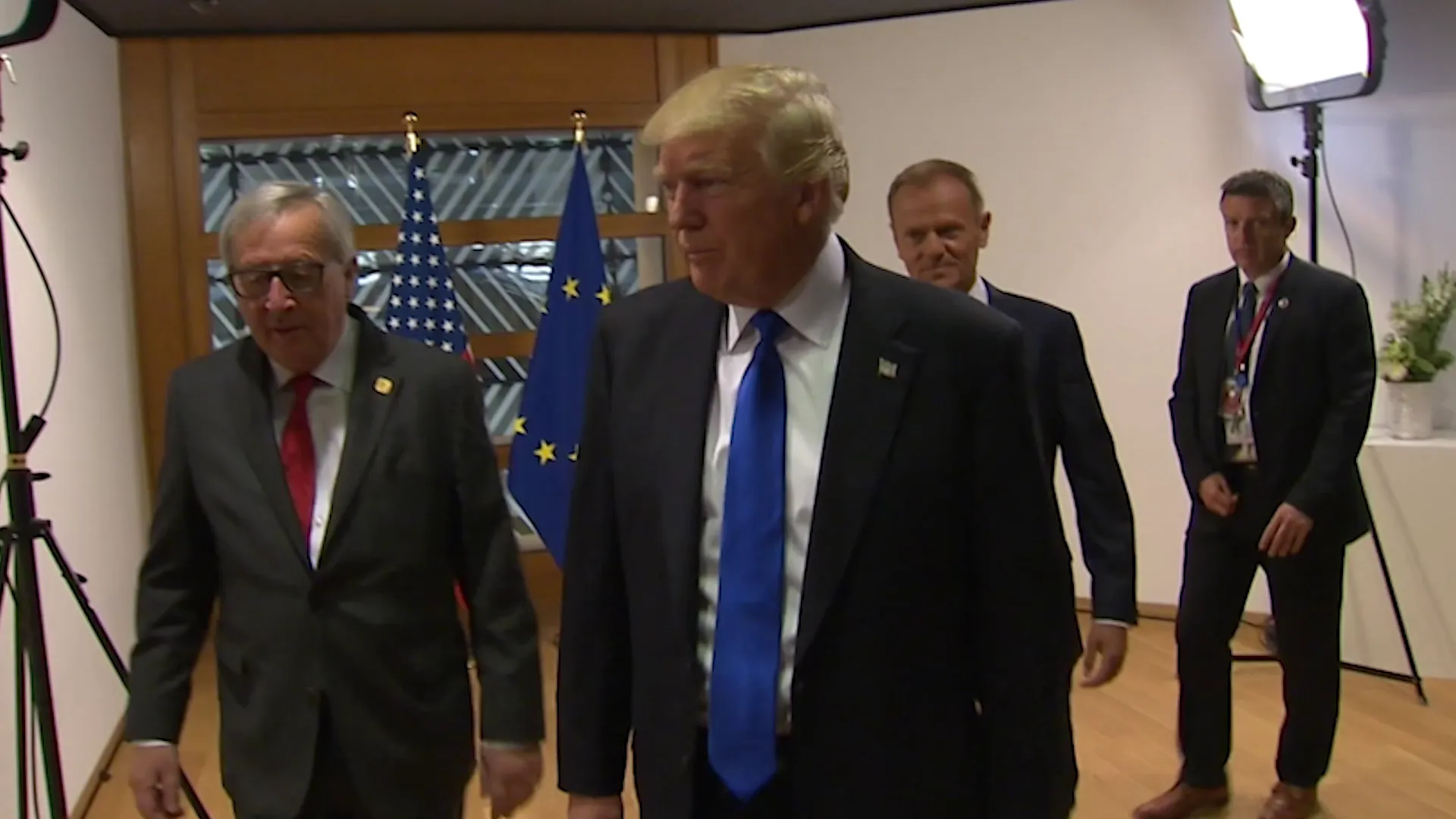
Building a Resilient Partnership
To establish a robust transatlantic partnership, it is necessary for both Europe and the U.S. to supplement their respective interests with associated investments. This involves:
- Enhancing defense cooperation: Strengthening NATO and ensuring that all member states contribute fairly to collective security.
- Promoting trade agreements: Establishing fair trade practices that benefit both economies while addressing concerns over protectionism.
- Engaging in climate action: Collaborating on sustainable practices and technologies to combat climate change effectively.
The consolidation of the transatlantic alliance and the survival of both regions in the rapidly changing global landscape will be assured by these actions.
Conclusion: A Call for Unity and Action
The problems confronted by Europe and the U.S. are major, but they are not impossible to overcome. The two important conditions for skilled handling of the dislocated political landscape are unity and prompt decisions.
In order to focus more on the issues at hand such as security, economy, and climate change, the European leaders should first manage to cooperate with member states and the U.S. by involving them into action-oriented strategies.
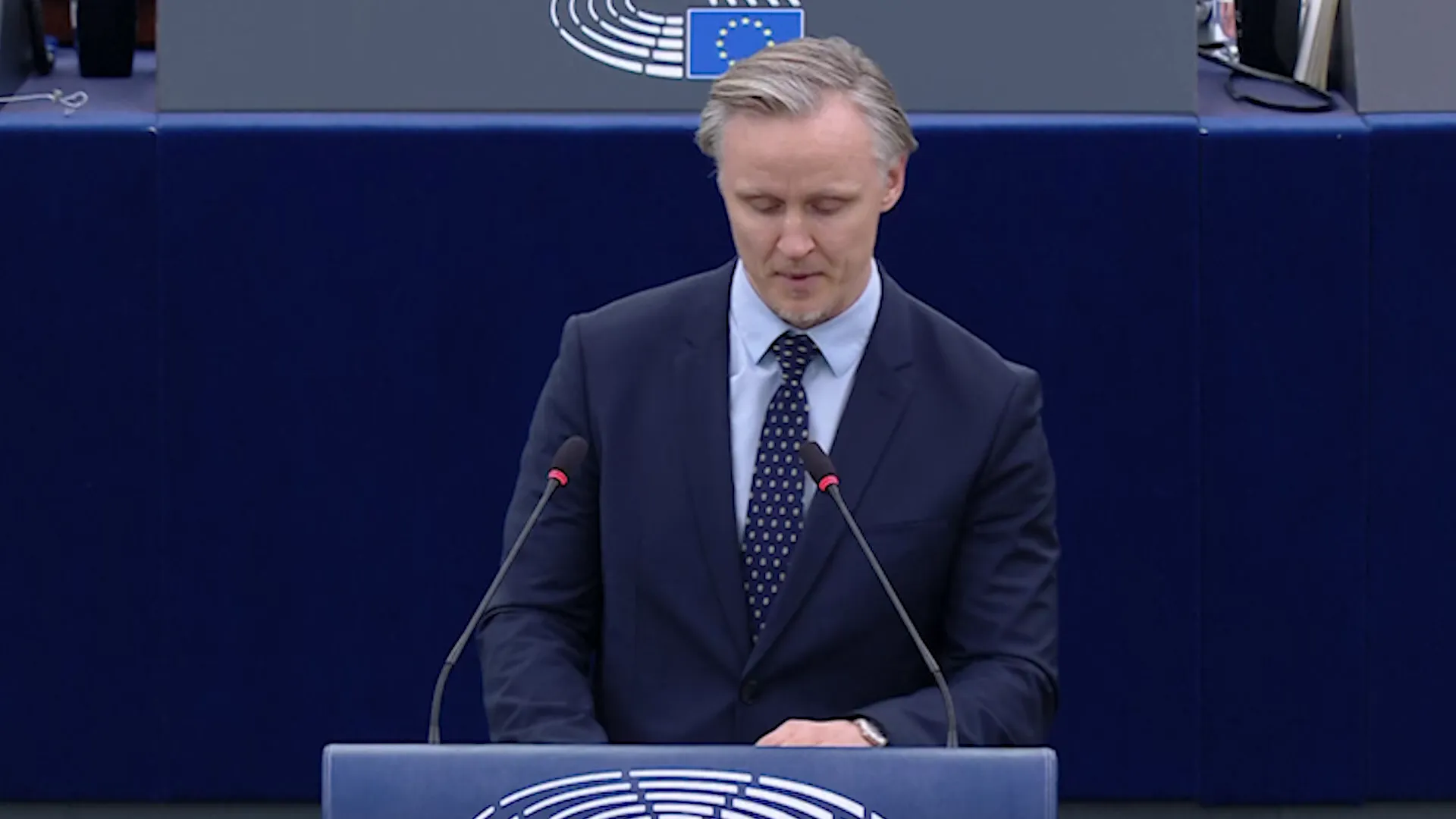
The preponderance of nationalism and populism, alongside the call for cohesive reactions, is most important. Through focusing on the principles and values that they all share, Europe can save its status as a leading power in the world and, thus, guarantee its role as a crucial ally of the United States.
For a deeper dive into the shift in transatlantic relations and the impact of Trump’s presidency on Europe, we invite you to watch our full video. Click here to view: Watch the video.
